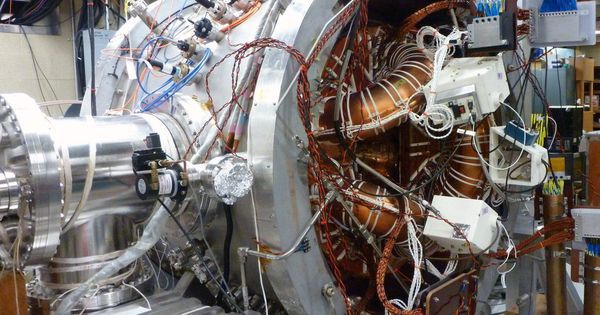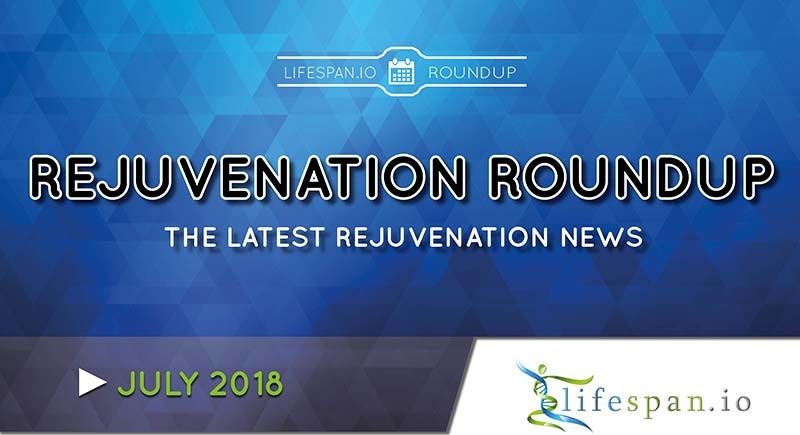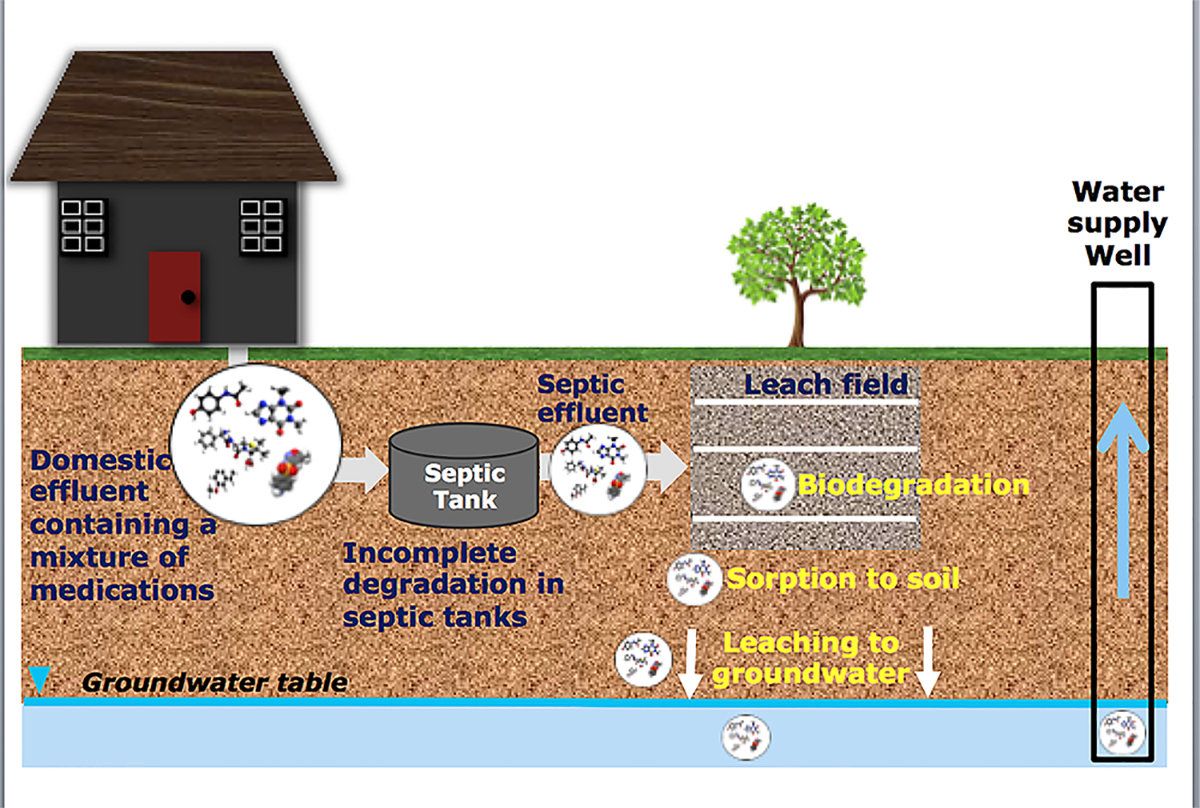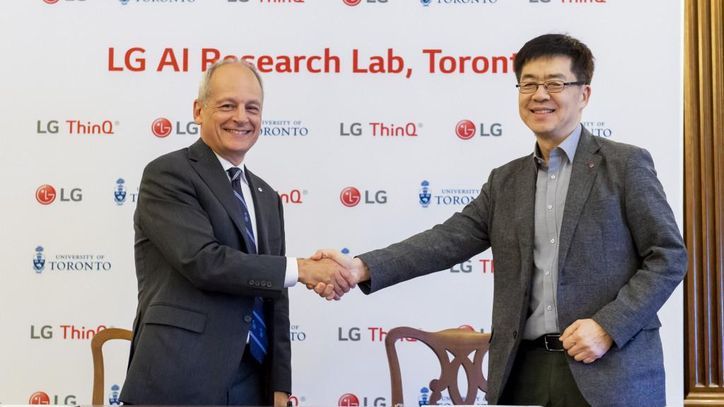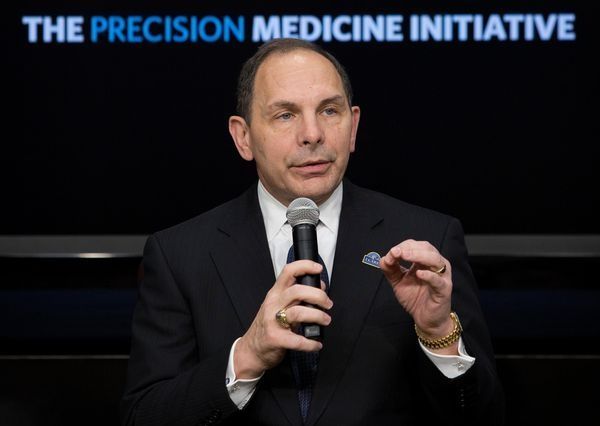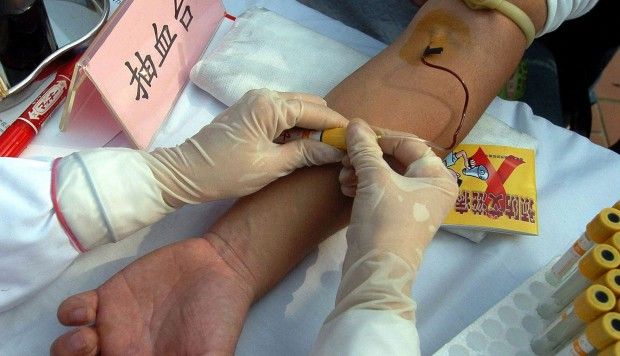Lockheed Martin has filed a patent for a revolutionary “Compact Fusion Reactor.” If it succeeds where past fusion reactor plans have failed, the technology portends a paradigm shift for humanity on the scale of steam power and the internal combustion engine.
Rejuvenation Roundup July 2018
Posted in futurism, life extension
The July 2018 Rejuvenation Roundup is out!
Another month, another series of great news items for healthy life extension enthusiasts! It’s hard to believe that July is already behind us and, with it, the first Lifespan.io conference in New York City; let’s take a look back and review the past month before diving into the next one.
The Rejuvenation Roundup podcast
Starting this month, the Rejuvenation Roundup is available as a podcast! For this great initiative, we owe our thanks to Ryan O’Shea, the man behind Future Grind—a podcast discussing all things future. Our Vice President Oliver Medvedik has already had the honor to be featured in a previous podcast about life extension, but all the topics that Ryan deals with are absolutely exciting, so we highly recommend checking out the other episodes as well!
If people cannot adapt to future climate temperatures, deaths caused by severe heatwaves will increase dramatically in tropical and subtropical regions, followed closely by Australia, Europe and the United States, a global new Monash-led study shows.
Published today in PLOS Medicine, it is the first global study to predict future heatwave-related deaths and aims to help decision makers in planning adaptation and mitigation strategies for climate change.
Researchers developed a model to estimate the number of deaths related to heatwaves in 412 communities across 20 countries for the period of 2031 to 2080.
Drinking water from wells in rural north central Pennsylvania had low levels of pharmaceuticals, according to a study led by Penn State researchers.
Partnering with volunteers in the University’s Pennsylvania Master Well Owner Network, researchers tested water samples from 26 households with private wells in nine counties in the basin of the West Branch of the Susquehanna River. All samples were analyzed for seven over-the-counter and prescription pharmaceuticals: acetaminophen, ampicillin, caffeine, naproxen, ofloxacin, sulfamethoxazole and trimethoprim.
At least one compound was detected at all sites. Ofloxacin and sulfamethoxazole—antibiotics prescribed for the treatment of a number of bacterial infections—were the most frequently detected compounds. Caffeine was detected in approximately half of the samples, while naproxen—an anti-inflammatory drug used for the management of pain, fever and inflammation—was not detected in any samples.
LG will build its next artificial intelligence (AI) research lab in Toronto, it announced Wednesday.
The South Korean electronics company said the Canadian lab is an extension of its newly expanded Silicon Valley AI Lab in Santa Clara, California. It also has AI labs in South Korea, India and Russia.
“Early implementations of AI in connected devices today are setting the stage for tomorrow’s smart cities, smart homes, smart businesses and smart devices, all with capabilities that no one has even dreamed of yet.” said LG President and Chief Technology Officer Il-pyung Park.
According to a study released Monday in Nature Astronomy ancient blue crystals unearthed from meteorites are the key to understanding what the sun was like during it’s earliest days. Scientists removed these microscopic crystals, technically called hibonites, from the chunk of the Murchison meteorite.
These are literally tiny metallic robots capable of attacking diseases at the cellular level. It’s mind-blowing.
It’s also the result of where we are in the current technology landscape. Scientists, engineers and software specialists are coming together to solve problems that most laypeople think are impossible.
The WHO Special Programme for Research and Training in Tropical Diseases developed the guide to help boost public health by using crowdsourcing, where a group of experts and non-experts solve a problem and then share the solution with the public.
Researchers can get too close to their subject and a layman’s intuition can achieve medical breakthroughs, as World Health Organisation crowdsourcing initiatives continue to show.
https://www.undoing-aging.org/videos/nichola-conlon-presenti…aging-2018
Btw: the facebook event page for Undoing Aging 2019 is already up fb.com/events/2044104465916196/
